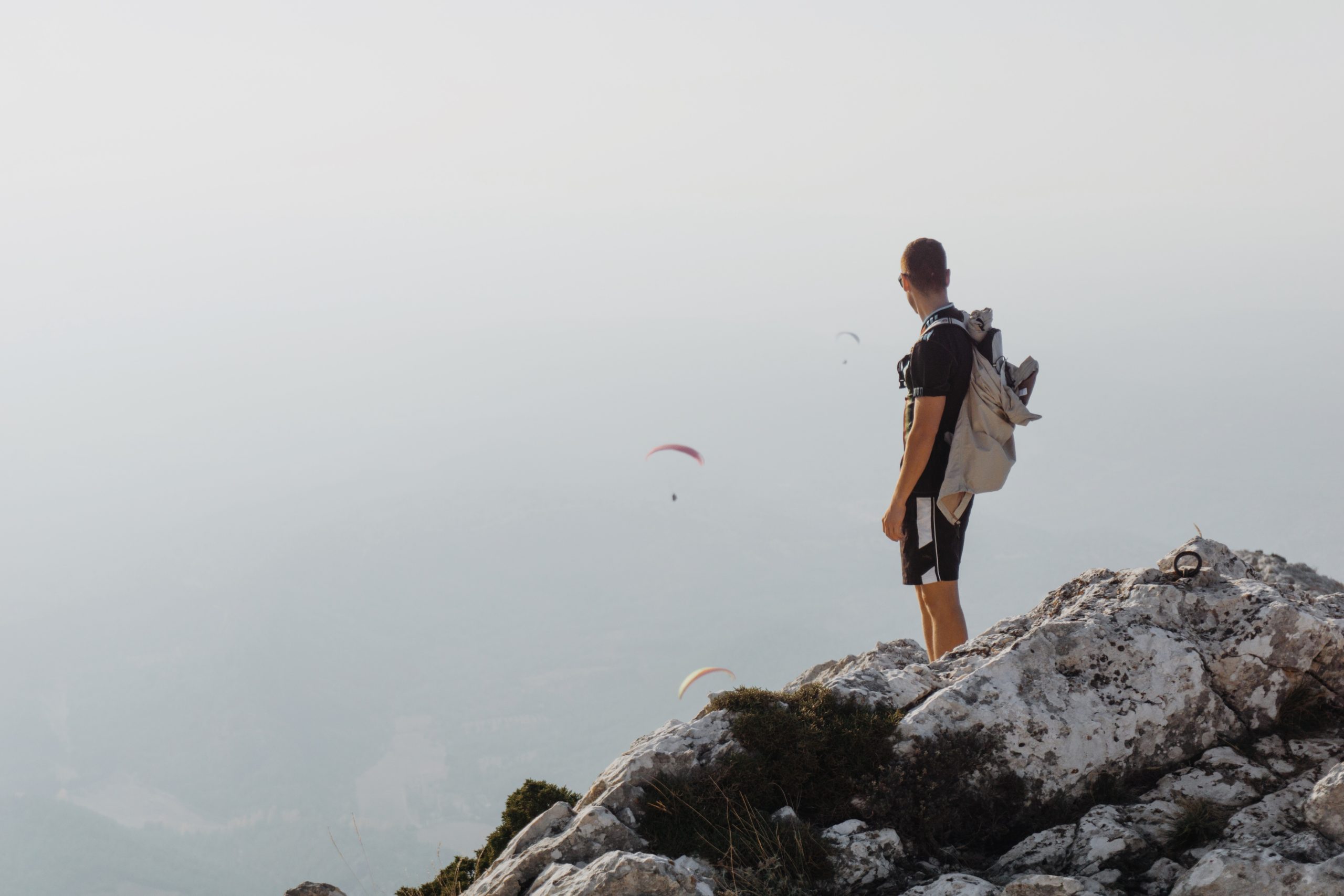
The notion of digital nomadism is generally associated with long-distance travel to distant exotic lands. There is the erroneous idea that this way of working must necessarily be accompanied by flights to the other side of the world and a pace of life similar to that of mass tourism. However, this increasingly widespread phenomenon has a major impact on the environment. So, is it possible to find the right balance between the freedom of digital nomads and respect for the environment?
Excess travel: the price for the planet
By observing some nomadic workers, we can notice that they move around in an exaggerated manner. Being able to say that you have been to Mexico or Bali several times is a privilege that not everyone can enjoy. It is certainly nice to post photos of the most beautiful sites on the planet on social networks, but at what cost?
These excessive travel create a phenomenon that can be described as travel bulimia. On the other hand, we can note a certain notion of selfishness and a nonchalance towards the major issues that this raises such as the profound impact on global warming.
If you fly every weekend to explore nearby capitals or party in a neighboring country, the impact of these flights is disastrous. THE Intergovernmental Panel on Climate Change (IPCC), annexed to the United Nations, even qualifies these City break exaggerated criminal action for the planet. For example, the carbon emissions of a flight linking Paris to New York are equivalent to the carbon footprint over an entire year to which a French person should limit themselves. Limiting the idea of travel to air travel means that we validate an attitude that ruins the environment. It is to this extent that other options should be highlighted. We are noticing the emergence of a different digital nomadism through cruises in the Mediterranean and the Caribbean.
We can also cite the slow digital nomadism which advocates cycling adventures. In this context, we will discuss the Gravel bike, bikes that adapt to even the most winding paths. The idea is to demonstrate that digital nomadism does not necessarily require traveling to the other side of the world but can well include an adventure close to home.
Freedom & adventures: what is the limit?
With several million people around the world increasingly adopting the digital nomad lifestyle, this trend is now linked to the harms of mass tourism. We can notably cite the position of sociologist Felipe Koch faced with this phenomenon. The latter believes that the digital nomad seeks to have a sublimated experience, and that he is in a frantic “quest for enjoyment”. He often falls into the trap of excess. Indeed, he can spend several months in a place without creating a real link with the territory or immersing himself in local traditions. Likewise, many nomads make the mistake of moving in hordes in a group of more than 10 people and restrict themselves to highly touristy circuits. Also, they eat at multinational brands without necessarily truly get involved in the economy of the host country.
It is therefore strongly encouraged to carry out your own experiment without being limited by the time zone of the country of origin. Forging your travel itinerary and leaving the beaten track is the first step towards new perspectives and the discovery of unsuspected beauty. It is in this context that we discuss the concept of slowmadism.
Tips for being an eco-responsible digital nomad
First of all, it is important tobe well prepared. Always opt for eco-friendly solutions. Although it may take a little more time than you expected and some investment. Know that a more ecologically responsible approach will make your adventure even more enjoyable. For example, slip into your travel bag a bottle of water, a tote bag for your purchases or even containers. Once you arrive, adapt to the pace of your host country and create a routine that advocates eco-friendly actions.
Concerning your means of travel, it is essential to take the plane as little as possible. Instead, give priority to less polluting modes of transport such as train, bicycle or even sailing boat. In this perspective, it is particularly recommended that you commit to a long term travel. Likewise, do not hesitate to explore places of unsuspected beauty so as not to participate in the overloading local infrastructure. You should favor solo adventures and opt for accommodation with locals. For your diet, it is preferable toencourage small local establishments rather than going to the big restaurant chains. This will not only allow you to build links with the population but also to bring you closer to their customs and traditions.